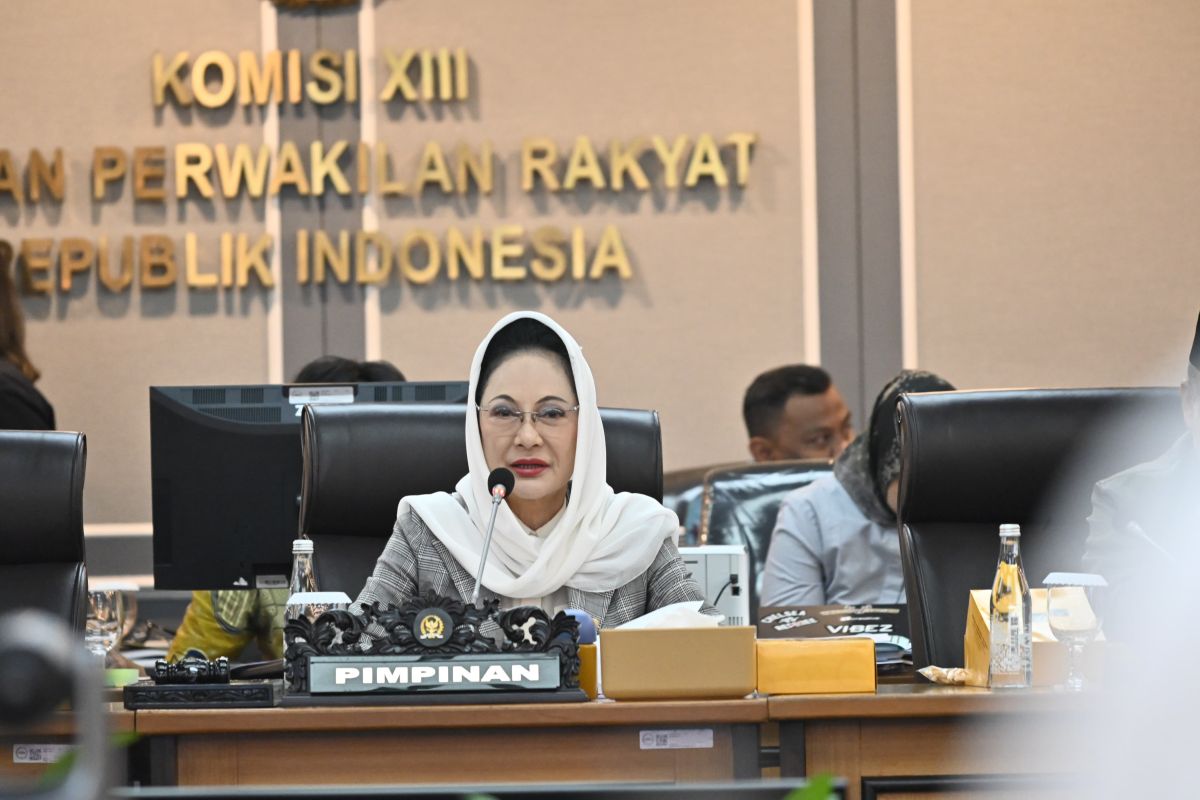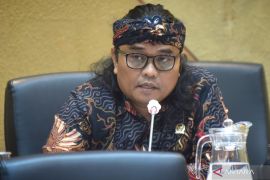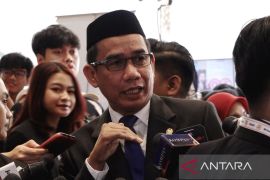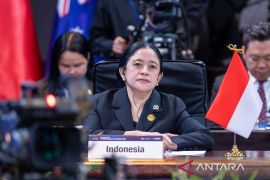"This agreement is a vital instrument to address various pressing crimes, including corruption, money laundering, narcotics, and cyber offenses. Strong international cooperation is essential to confront these issues," she said.
In a statement cited here on Monday, Asmara underlined that the treaty would provide both countries with a solid and mutually recognized legal foundation to bring criminals to justice, going beyond mere deportation.
The treaty, signed in Bali in 2023, stipulates that extradition applies to individuals facing charges carrying a minimum prison sentence of one year. In June 2025, President Prabowo Subianto sent a letter to the DPR urging ratification.
Asmara noted that besides creating a new mechanism to address transnational crimes, the treaty would also help strengthen Indonesia’s long-standing diplomatic relations with Russia, which have existed since 1950.
"Cooperation with Russia, a permanent member of the UN Security Council and a G20 member, will open new opportunities for Indonesia to expand legal cooperation with other countries," she said.
While voicing full support for ratification, Asmara also stressed the importance of strict oversight in implementing the agreement. She recommended periodic evaluations to prevent misuse and to ensure alignment with Indonesia’s national interests.
She further emphasized that the pact must guarantee reciprocity, enabling both countries to extradite fugitives equally.
"This is not only about law enforcement but also about strengthening Indonesia's global standing," she added.
Additionally, Asmara highlighted the urgency of revising Law No. 1 of 1979 on extradition to address emerging crimes in the digital era.
"A revision should close existing legal loopholes, clearly define extraditable crimes, and consider retroactive mechanisms," she said.
Related news: Parliament to follow up on RI-Russia extradition bill
Translator: Fianda S, Tegar Nurfitra
Editor: Primayanti
Copyright © ANTARA 2025












